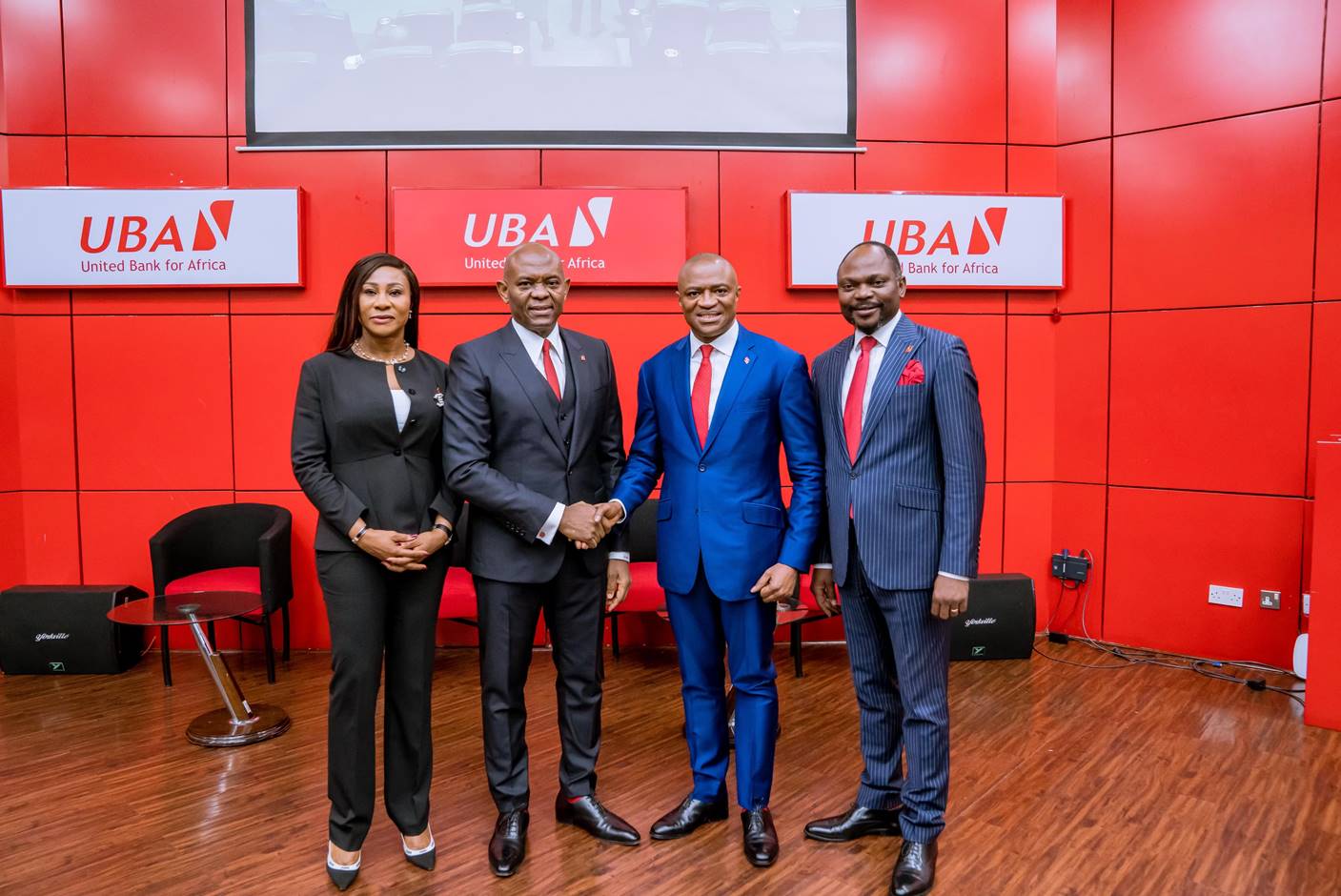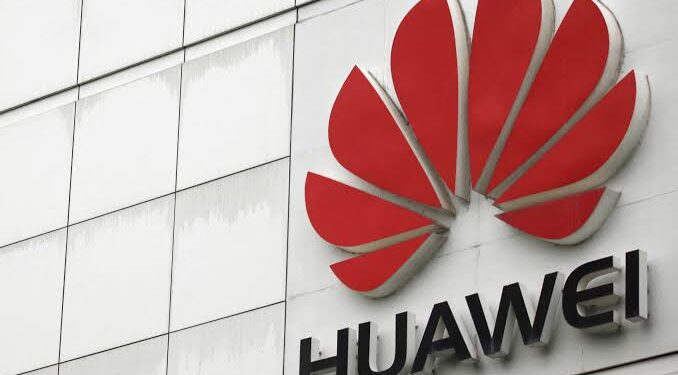Nigerian banks are looking to cut costs, especially on USD-denominated expenses, creating a perfect entry point for Chinese tech giant Huawei. In the past, banks like United Bank for Africa (UBA) have relied on IBM for storage and VMWare for virtualized technologies. However, rising costs have led them to explore other options.
An inside joke in Nigerian banking says that any Chief Information Officer (CIO) wanting job security should call IBM. It’s a nod to how many Nigerian banks depend on IBM’s reliable storage solutions. But as there’s an aim to cut USD-denominated costs at these banks, other companies are being considered.
In 2023, Huawei penetrated into Nigeria’s banking sector, selling storage solutions to top institutions like Zenith Bank and early this year did business with Fidelity, First Bank, and Opay.
Most recently, Huawei signed a major deal with UBA, a commercial bank with over 30 million customers. UBA’s storage demands had outgrown its existing capacity, prompting the bank to seek more affordable solutions.
According to three people familiar with the matter, Huawei sold 200 petabytes of storage and cloud solutions to UBA in a deal reportedly worth around $3 million. While Huawei declined to comment, insiders revealed the Chinese firm offered discounts and even a free one-year proof of concept to lure the bank.
“They lure customers in with the option of a free-to-use one-year solution,” said one cloud engineer from another tier-1 bank, referring to Huawei’s strategy.

UBA had previously used IBM for storage and VMWare for virtual technology. However, when VMWare switched to a subscription model after its acquisition by Broadcom in 2022, licensing costs nearly tripled. This price hike left banks seeking for cheaper alternatives, opening the door for Huawei.
Huawei’s sales pitch is clear: low pricing, extended trials, and hardware tailored to the banks’ specific needs. The new storage deal allows UBA to reduce some workloads while continuing to use both IBM and Huawei systems.
Despite this success, Huawei’s expansion isn’t without challenges. Many banks remain cautious about data security and privacy. Security concerns mean many banks will still rely on IBM for critical workloads.
Still, Huawei is here to stay. The company is reportedly in talks with another tier-1 bank to provide cloud storage services, aiming for dominance in Nigeria’s banking sector just as it has in telecoms.
For Nigerian banks, the lure of cost savings may outweigh any lingering concerns. As one cloud engineer put it, “No one else will offer you a one-year proof of concept.”





















































